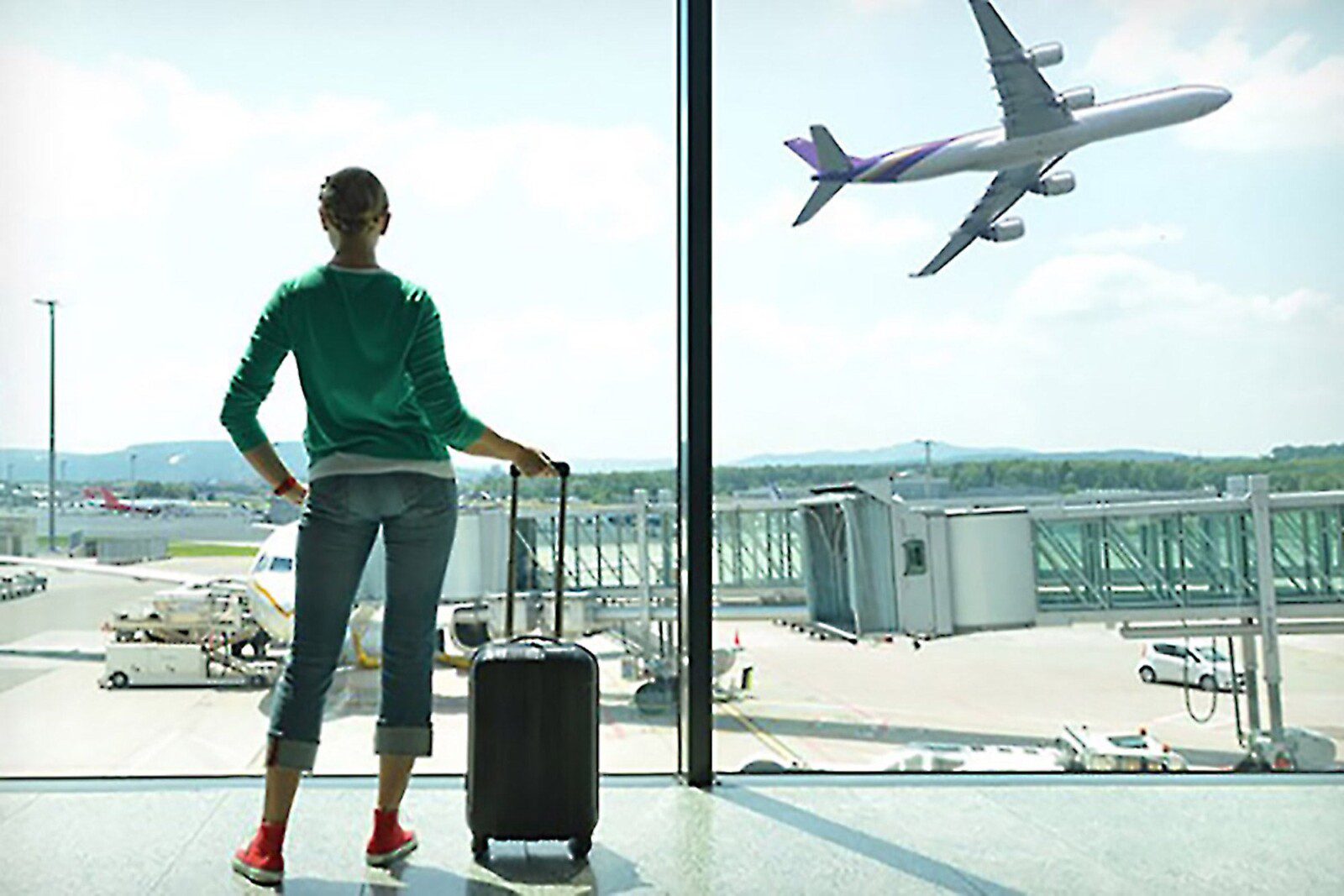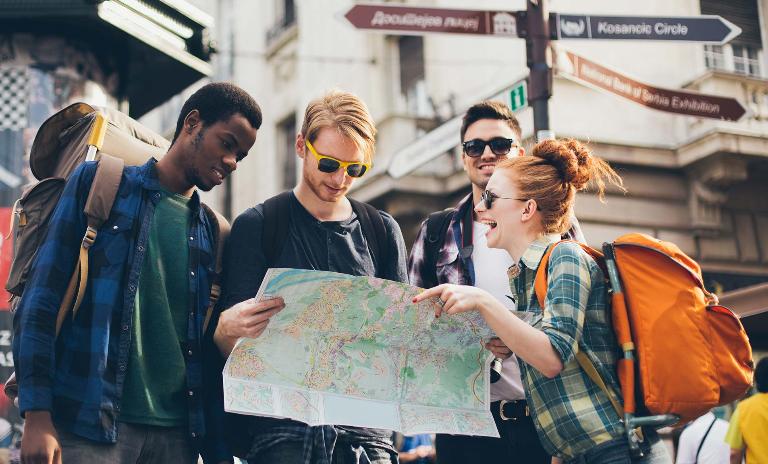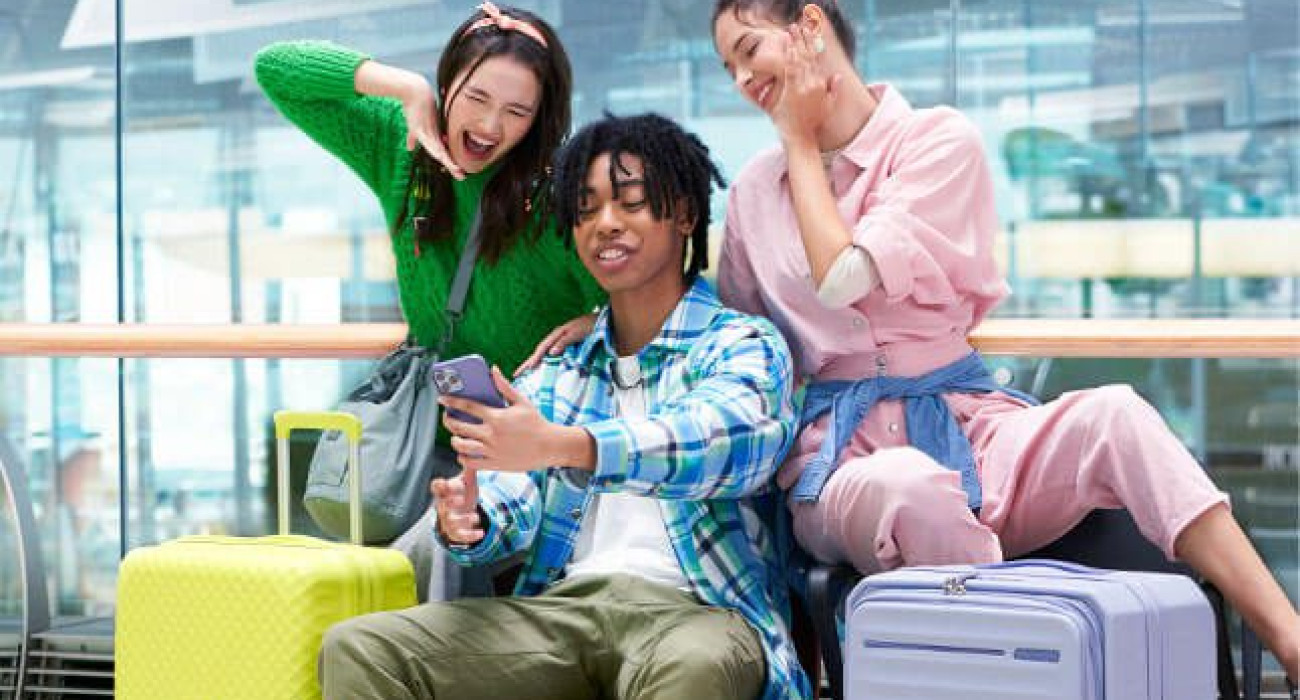The world of travel is in the midst of a transformation. As remote work, artificial intelligence (AI), and virtual access become mainstream, how we explore the globe is being redefined. This shift is not just about new tools—it’s about new lifestyles, priorities, and possibilities.

Here are 9 ways how travel habits are evolving in real time—and how you can ride the wave of this exciting future.
1. Workations Are Becoming the Norm
No longer confined to offices, remote workers are embracing “workations”—trips that blend work and leisure. From Bali to Barcelona, the workplace is now wherever there’s fast WiFi.

Platforms like Nomad List help digital nomads compare locations based on internet speed, safety, and cost of living. This hybrid lifestyle is reshaping how travel habits are evolving, turning travel into a long-term rhythm rather than a short escape.
2. AI Is the Ultimate Travel Concierge
AI-powered tools are revolutionizing how travelers plan and experience trips. From building itineraries with ChatGPT to predicting airfare with Hopper, travelers are making more informed and personalized choices than ever before.

This intelligent guidance is a key reason how travel habits are evolving—travelers now expect smart, real-time help from their phones.
3. Virtual Experiences Inspire Real Ones
Before booking, many travelers now take a virtual preview through platforms like Airbnb Online Experiences or Amazon Explore.

This tech has changed how travel habits are evolving, allowing travelers to “test-drive” a destination before committing—especially helpful for families, planners, and accessibility-conscious travelers.
4. Flexibility Reigns Supreme
Booking non-refundable flights and strict hotel reservations is a thing of the past. Travelers today demand flexible booking options, cancel-anytime policies, and last-minute availability.
Apps like Skyscanner and Hopper support this need, showing how much how travel habits are evolving toward spontaneity and low-risk decision-making.
5. Sustainable Travel Is the New Luxury
Eco-conscious travel is on the rise. Many travelers now choose carbon offset flights, eco-certified hotels, and local, slow tourism experiences.
As awareness grows, so does the demand for responsible travel options. This green shift is a central way how travel habits are evolving, with travelers wanting to leave a lighter footprint.
6. Long Stays and Slow Travel Are Trending
The allure of “slow travel” is growing, where people spend weeks or months in one place to experience it deeply. Platforms like Outsite offer long-term co-living spaces designed for this.

Rather than chasing checklists, travelers now value connection, culture, and local living. It’s another reason how travel habits are evolving toward more intentional, meaningful adventures.
7. Digital Nomad Visas Open New Borders
Governments are adapting by offering digital nomad visas to remote workers. Countries like Portugal, Costa Rica, and Estonia invite travelers to stay legally for months or even years.

This evolution in immigration policy illustrates how travel habits are evolving from short-term vacations to long-term global living.
8. Tech-First Stays Are in Demand
Travelers now seek homes equipped with tech—smart locks, contactless check-ins, high-speed fiber internet, and even smart assistants.

Platforms like Sonder and Blueground are meeting this demand with tech-driven rentals. This is one of the clearest signs of how travel habits are evolving, as convenience and connectivity become non-negotiable.
9. AI-Powered Language and Cultural Tools Make the World Smaller
Language is no longer a barrier. Tools like Google Translate and iTranslate allow travelers to communicate with locals, read signs, and navigate new environments with ease.

This increased accessibility is a subtle yet powerful way how travel habits are evolving, allowing more travelers to confidently explore unfamiliar cultures.
Final Thoughts
From blending work and travel to relying on AI for cultural fluency, it’s clear that how travel habits are evolving reflects deeper societal changes. The modern traveler wants flexibility, efficiency, deeper cultural connections, and meaningful experiences.
Whether you’re planning a sabbatical or just your next weekend trip, understanding how travel habits are evolving can help you travel smarter and more joyfully.
Quick Recap: The 9 Ways Travel Is Changing
-
Remote work enables longer, hybrid “workations.”
-
AI simplifies and personalizes travel planning.
-
Virtual experiences preview real-world destinations.
-
Travelers demand flexible booking policies.
-
Sustainability is a growing travel priority.
-
Long stays and immersive “slow travel” are in.
-
Digital nomad visas support long-term travel.
-
Travelers want tech-forward, smart rentals.
-
AI and translation tools make global travel seamless.
Want help adapting your vacation rental or travel business to match how travel habits are evolving? Reach out and let’s explore the future of travel—together.
